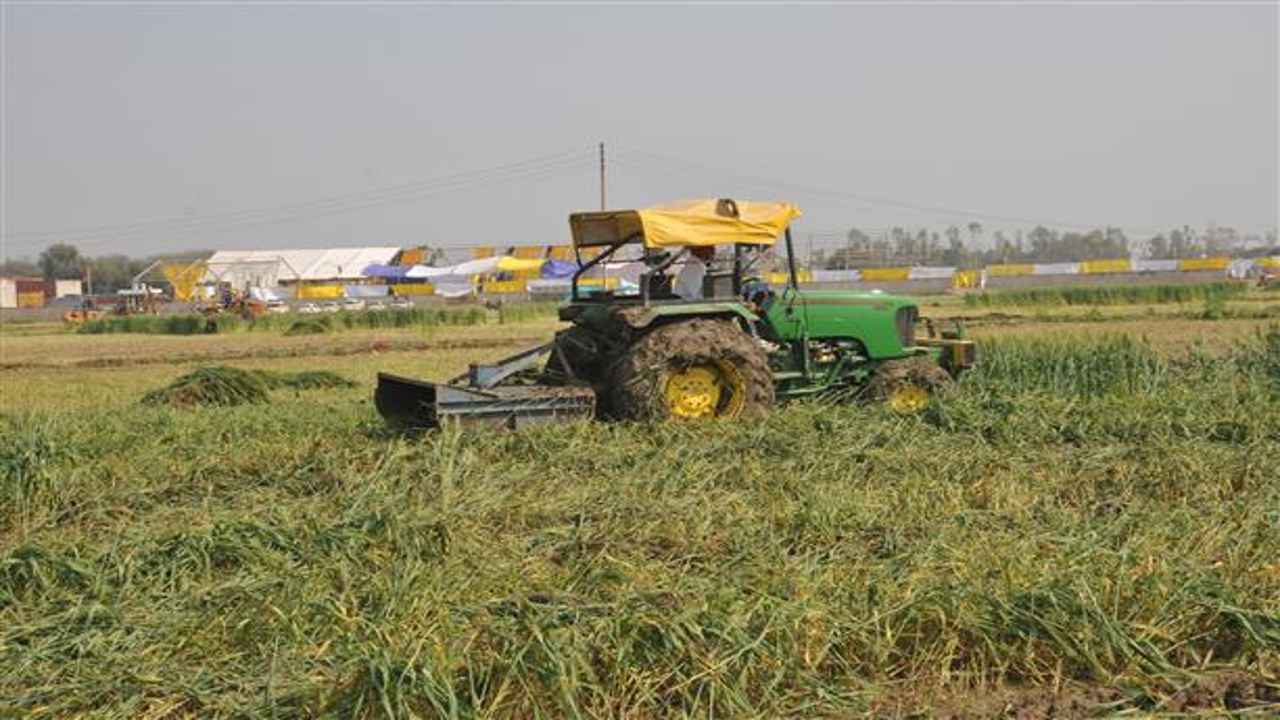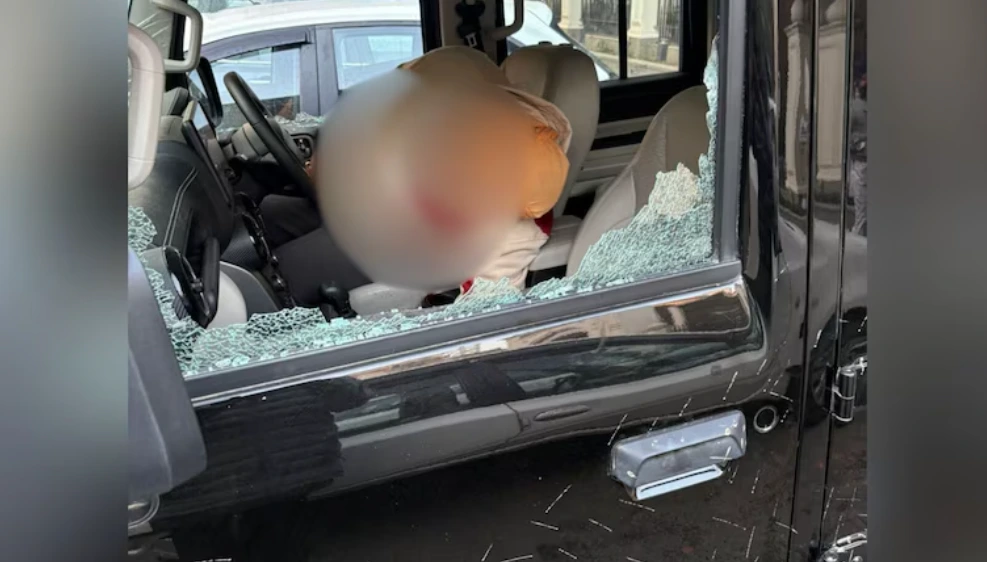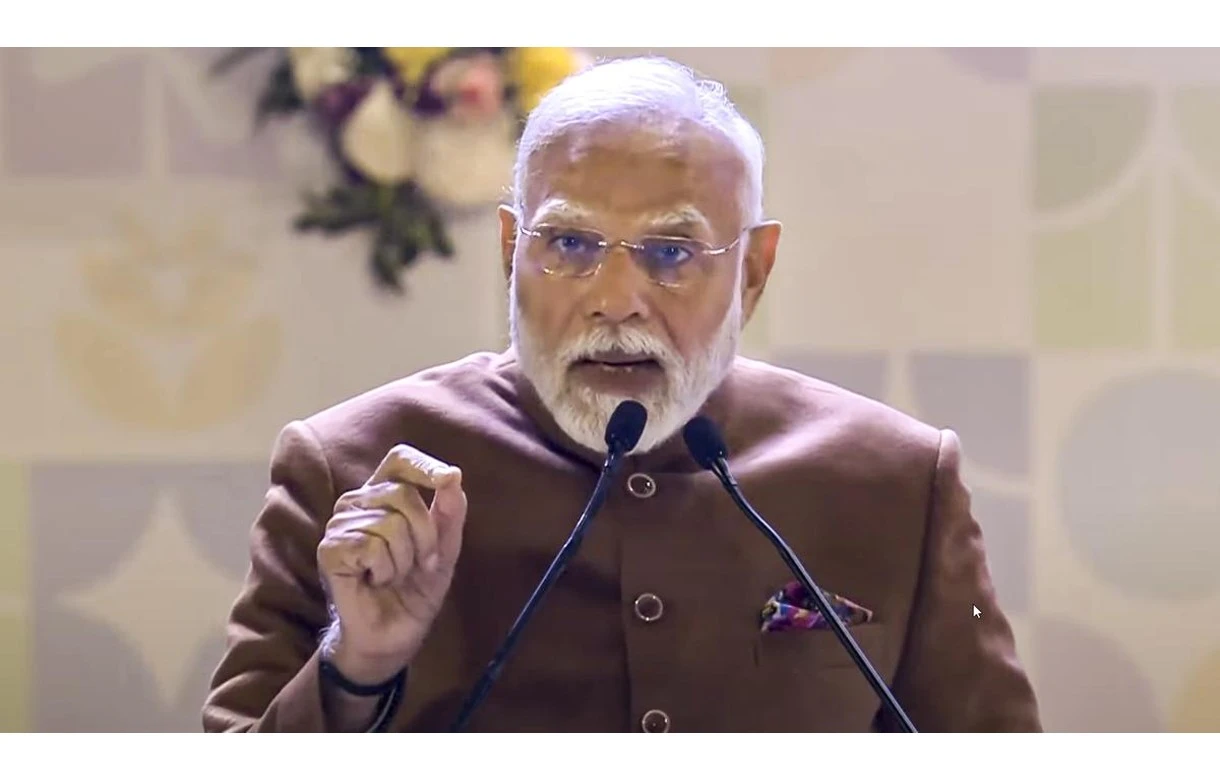[vc_row][vc_column][vc_column_text]The Supreme Court on Thursday directed all states and union territories that have not already framed a road safety policy to do so by January 31, and implement it.
Delhi, Assam, Nagaland, Tripura, Lakshadweep, Dadra and Nagar Haveli, and Andaman and Nicobar Islands have not yet set up this policy, the court noted.
The Supreme Court (SC) bench, comprising Justices MB Lokur and Deepak Gupta, was hearing a public interest litigation filed by an orthopaedic surgeon from Coimbatore, S Rajaseekaran. The doctor had submitted that 90% of road accident deaths occur because safety rules are not strictly enforced and the punishment is also not severe.
The SC began by noting that the number of deaths due to road accidents in the country is said to be over 100,000 in a year, which translates to about one death every three minutes. It further noted that insurance companies had spent Rs 11,480 crore as road accident compensation in 2015-16. Only half the number of families of these victims were compensated. This was despite the apex court’s intervention and setting up of a committee on road safety under former Supreme Court judge KS Radhakrishnan.
The SC laid down a slew of steps to be taken for preventing road accidents.
All states must set up in every district a road safety committee that would include the superintendent of police, the health officer and representatives from Public Works Department, National Highways Authority of India and road transport besides a member of civil society.
Also to be set up in each district is a trauma centre with necessary facilities and an ambulance. “The state governments and union territories should take up this recommendation at the earliest since it is on record that treatment soon after a road accident is crucial for saving the life of the victim,” the bench said.
The judges told the states to create a lead agency which would “coordinate activities such as licensing issues, including driving licences, registration of vehicles, road safety and features of vehicles, along with allied matters such as emission norms.” Noting that only a few states have established the Lead Agency as recommended by the Committee on Road Safety in December 2014, it directed those states and UTs which have not done so to establish the Lead Agency on or before January 31, 2018.
The court has made it mandatory for States and Union Territories to establish a Road Safety Fund, frame the Road Safety Action Plan by March 31 and set up a universal accidental helpline number, among other directives.
“The corpus of the Road Safety Fund will be from the fines collected for traffic violations and the Fund will be utilised for meeting expenses relating to road safety,” it said. The court has also directed framing of Road Safety Action Plans by March 31 to reduce the number of road accidents, as well as the fatality rate.
The Union Ministry of Transport and Highways (MoRTH) has been directed to frame a protocol for road design, road quality and to identify black spots, as well as implement “traffic calming” measures at accident spots.
“It appears that one of the main reasons for road accidents is the poor quality of roads, improper design, etc,” the court said.[/vc_column_text][vc_column_text css=”.vc_custom_1512130149734{padding-top: 10px !important;padding-right: 10px !important;padding-bottom: 10px !important;padding-left: 10px !important;background-color: #a2b1bf !important;border-radius: 10px !important;}”]The Supreme Court directions for road safety measures:
- Road Safety Policy: Most of the State Governments and Union Territories have already framed a Road Safety Policy. Those that have not framed such a policy namely Assam, Nagaland, Tripura, Delhi, Lakshadweep, Dadra and Nagar Haveli and Andaman and Nicobar Islands, must now formulate the Road Safety Policy by 31st January, 2018. All States and Union Territories are expected to implement the Road Safety Policy with all due earnestness and seriousness.
- State Road Safety Council: All States have already constituted a Road Safety Council in terms of Section 215 of the Motor Vehicles Act, 1988. The Union Territories of Daman and Diu, Dadra and Nagar Haveli and Andaman and Nicobar Islands have not constituted the Road Safety Council as yet. We direct these Union Territories to constitute the State Road Safety Council on or before 31st January, 2018. The responsibility and functions of the Council will be as recommended by the Committee on Road Safety. The State Road Safety Councils should periodically review the laws and take appropriate remedial steps wherever necessary.
- Lead Agency: Only a few States have established the Lead Agency as recommended by the Committee on Road Safety in its communication of 23rd December, 2014. The States and Union Territories that have not done so should establish the Lead Agency on or before 31st January, 2018 in terms of the recommendations made by the Committee on Road Safety. It may be mentioned that the Lead Agency will act as the Secretariat of the State Road Safety Council and coordinate all activities such as licensing issues including issues of driving licences, registration of vehicles, road safety and features of vehicles, along with other allied matters including emission norms and other activities as mentioned in the communication dated 23rd December, 2014.
- Road Safety Fund: Some of the States have already established a Road Safety Fund. Those States and Union Territories that have not yet established the Road Safety Fund should do so not later than 31st March, 2018 and report back to the Committee on Road Safety. The corpus of the Road Safety Fund will be from the fines collected for traffic violations and the Fund will be utilized for meeting expenses relating to road safety.
- Road Safety Action Plan: The purpose of a Road Safety Action Plan is to reduce the number of road accidents, as well as the fatality rate. The MoRTH has already requested all the States and Union Territories to prepare a Road Safety Action Plan but it appears that the response to this has been somewhat lukewarm. The State Governments and Union Territories are therefore directed to urgently prepare a Road Safety Action Plan by 31st March, 2018 and put it into action after giving it due publicity.
- District Road Safety Committee: A District Road Safety Committee is required to be set up by the State Government for every district in terms of Section 215(3) of the Motor Vehicles Act, 1988. As suggested by the learned Amicus and agreed to by the MoRTH, the District Road Safety Committee should be put in place by 31st January, 2018 and should be headed by the Collector of the District and should include amongst others the Superintendent of Police, Health Officers, Engineers of the Public Works Department, representatives of the National Highways Authority of India, the Road Transport Officer of the District and members of civil society from the District. The District Road Safety Committee must hold regular and periodic meetings to review road safety issues and take corrective measures.
- Engineering Improvement: It appears that one of the main reasons for road accidents is the poor quality of roads, improper design, etc. The MoRTH is of the opinion that the protocol for road design and identification of black spots needs to be reviewed and enforced. Accordingly, it is directed that the MoRTH should publish a protocol for identification and rectification of black spots and take necessary steps for improving the design of roads to make them safe.
- Traffic Calming Measures: It is suggested by the learned Amicus that traffic calming measures must be adopted at accident prone areas. This is agreed to by the MoRTH. However, such measures will need to be studied and then put in place. This is an on-going exercise which must be carried out by the Road Safety Committee with the assistance of the MoRTH and other stakeholders.
- Road Safety Audits: There is agreement, in principle, between the learned Amicus and the MoRTH to carry out Road Safety Audits. However, there appears to be a dearth of qualified auditors in Road Safety Engineering. The MoRTH supports the idea of capacity building. It is, therefore, directed that necessary steps be taken by the Committee on Road Safety as well as by the MoRTH to work in this direction since there can be little doubt that an audit of road safety is essential to reduce the possibility of road accidents through corrective measures.
- Engineering Design of New Roads: The MoRTH is of the view, and the learned Amicus is also in agreement, that the Road Safety Audit as mentioned above should include the design stage audit of new road projects of 5 kms or more, rather than being based on the cost of the project. It is ordered accordingly.
- Working Group on Engineering: The Working Group on Engineering (Roads) has already submitted a Report which is available with the Road Safety Committee as well as the MoRTH. This Working Group was constituted pursuant to the decision taken in the meeting of the 12th National Road Safety Council held on 25th March, 2011. The recommendations of the Working Group should be implemented in the terms prayed for by the learned Amicus as well as those accepted by the MoRTH. These will, of course, be in the nature of interim directions since the National Road Safety Board is likely to be created as proposed in the Motor Vehicles (Amendment) Bill, 2017.
- Drivers‟ Training: This is the subject matter of the Motor Vehicles (Amendment) Bill, 2017 and no orders are required to be passed in this regard.
- Lane Driving: The MoRTH has already issued Motor Vehicles (Driving) Regulations, 2017 vide G.S.R. 634 (E) dated 23rd June, 2017.
The Notification should be implemented by the State Governments and Union Territories strictly.
- Road Safety Equipment: The Bureau of Police Research and Training has already prepared a Report on the subject and has submitted it to the Road Safety Committee in September, 2015. The recommendations in the Report should be implemented including acquisition of cameras and surveillance equipments in detecting traffic and identifying violators. It is also necessary to set up special patrol forces along the National Highways and State Highways for which necessary steps must be taken by the State Governments and Union Territories.
- Alcohol and Road Safety: The MoRTH has already written to the States to comply with orders of this Court in this regard. The MoRTH may issue further advisories in this regard on a quarterly basis during the calendar year 2018 so as to serve as a reminder to the State Governments and Union Territories to implement the directions of this Court.
- Road Safety Education: The learned Amicus as well as MoRTH are in agreement that road safety education and counselling should be incorporated in the curriculum by the State Boards by 1st April, 2018. It is directed that the State Governments may seriously consider this recommendation and include Road Safety Education and Counseling as a part of the school curriculum at the earliest.
- Speed Governors: Guidelines in this regard have already been issued by the MoRTH. The MoRTH has agreed to upload the Unique Identification Number of the speed governors in the VAHAN database. This should be followed up by the MoRTH with expedition.
- Emergency Medical Care: There is agreement that at least one Trauma Care Centre should be set up in every district with necessary facilities and an ambulance. The State Governments and Union Territories should take up this recommendation at the earliest since it is on record that treatment soon after a road accident is crucial for saving the life of the victim. In this context, it may also be mentioned that this Court has issued certain directions in Pt. Parmanand Katara v. Union of India1 which should be followed.
- Universal Accident Helpline Number: The MoRTH has stated that there is already a call centre number, that is, 108 provided by the National Health Mission. Due publicity must be given to this so that an ambulance can be activated at the earliest whenever necessary.
- Permanent Road Safety Cell: All State Governments and Union Territories have already been requested by the MoRTH to set up Road Safety Cells. The State Governments and Union Territories should establish Permanent Road Safety Cells by 31st January, 2018.
- Data Collection: The MoRTH has already taken steps for recording accident data and reports through computerised data entry. The State and Union Territories have been asked to take further action in this regard and make the data public for the information of all stakeholders. This needs to be followed up and no further orders are necessary in this regard.
- GPS : The MoRTH has already notified vide G.S.R. No. 1095 (E) dated 28th November, 2016 mandating the fitment of vehicle location tracking devices in all public service vehicles subject to some exceptions. Since this has cost implications, the MoRTH may assist the State Governments and Union Territories to ensure that to the maximum extent possible and within the shortest time frame, location tracking devices must be fitted in all public service vehicles as notified.
- Bus/Truck–Body Building Code: This has already been notified by the MoRTH with regard to buses vide G.S.R. No. 287 (E) dated 27th April, 2014 and with regard to trucks vide G.S.R. No. 1034(E) dated 2nd November, 2016. No further orders are necessary in this regard.
- ABS, Air Bags and Headlights: The MoRTH has already notified for fitment of ABS in motor cycles vide G.S.R. No. 310(E) dated 16th March, 2016 and for four wheelers vide G.S.R. No. 120(E) dated 10th February, 2017. As far as air bags are concerned a standard AIS-145 has already been notified. As regards automated headlights, the MoRTH has notified vide G.S.R. No. 188(E) dated 22nd February, 2016 for fitment of “Automated Headlights On” in two wheelers manufactured on or after 1st April, 2017. No further orders are required in this regard except the faithful implementation of the various notifications issued by the MoRTH.
- Crash Test: This too has been notified by the MoRTH and the test for all light motor vehicles is required to be conducted by the testing agency notified under Rule 126 of the Central Motor Vehicles Rules, 1989. No further orders are required in this regard except the faithful implementation of the notifications and crash standards issued by the MoRTH.
[/vc_column_text][/vc_column][/vc_row]
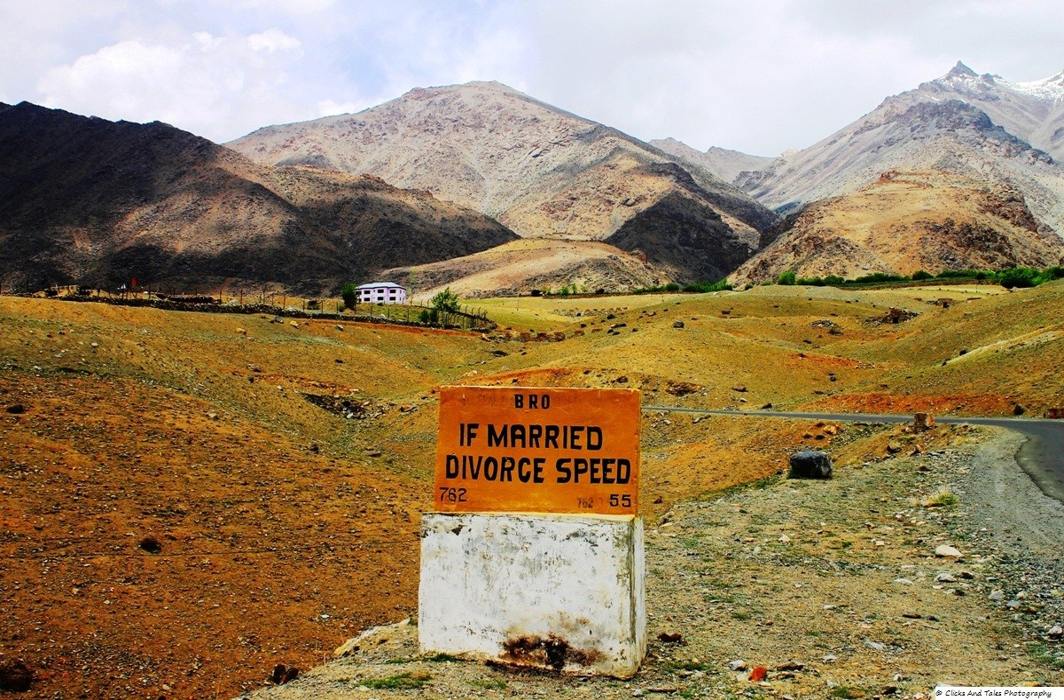

 India News13 hours ago
India News13 hours ago
 India News13 hours ago
India News13 hours ago
 Latest world news13 hours ago
Latest world news13 hours ago
 Latest world news7 hours ago
Latest world news7 hours ago
 India News7 hours ago
India News7 hours ago
 Cricket news7 hours ago
Cricket news7 hours ago
 Latest world news2 hours ago
Latest world news2 hours ago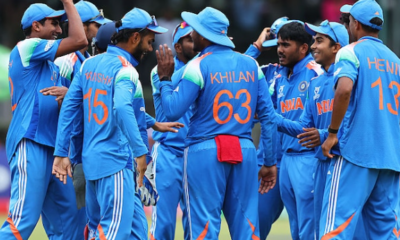
 Cricket news2 hours ago
Cricket news2 hours ago












